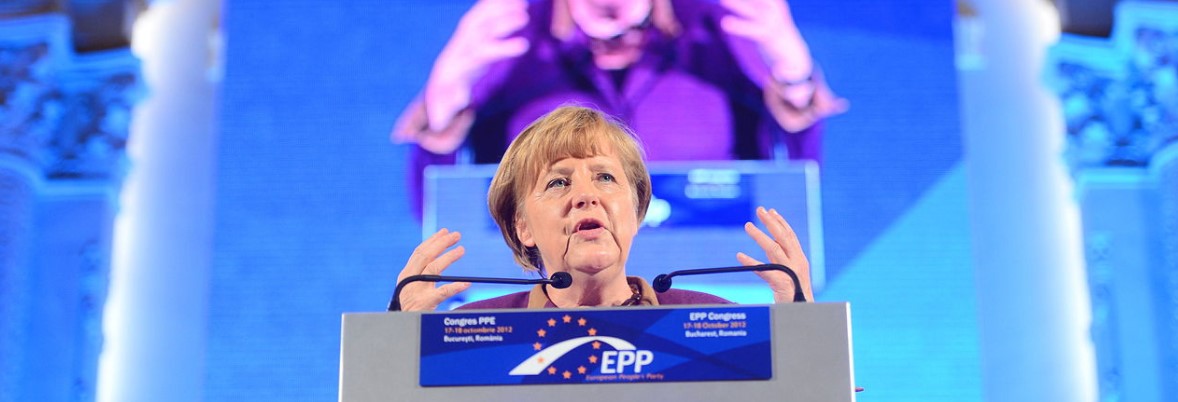Figures from the federal states show high expenditures for young people who have come to Germany alone. The federal government refunds only a fraction of the costs. Finance ministers are sounding the alarm, Die Welt, a German daily reported.
The cost of admission of unaccompanied migrants last year, was provided by the state Schleswig-Holstein with particularly precise information: In 2017, “a total of 105.2 million euros were spent on housing and providing unaccompanied minor refugees,” as the Kiel Social Ministry announced.
Some 1795 unaccompanied foreign minors were cared for, of which 775 are now adults. This resulted in the northernmost state of Germany spending an average of around 58,600 euros per minor.
Similar costs arose in Saxony and Lower Saxony, at around 54 000. Thuringia came in at 49 000 euros while Brandenburg disbursed 40 000 per case.
The amounts are based on the costs for unaccompanied foreigners communicated by Welt am Sonntag in 2017, divided by the unaccompanied persons in the respective states as of 13 October 2017. At that time, 56 758 unaccompanied minors were cared for in youth welfare services throughout Germany; of which 24 089 were young adults.
The other federal states could provide no or only outdated information; in many cases essential expenditures were missing. Schleswig-Holstein is the only federal state to include “reimbursements for accompanying measures such as medical assistance, travel expenses or interpretation costs” in the total costs.
The federal government has so far only paid a small part of the costs, which is why the ministers of finance of the federal states demanded at their conference in January that the federal government contribute at least half to the financing of the unaccompanied youths. In Schleswig-Holstein, for example, the federal relief amount for 2017 was only 11.9 million euros, which is only one-tenth of the financial expenditure. The rest have to come from German taxpayers.
Chancellor Angela Merkel seems to be unaware of the real problems facing states and more so municipaliteis.
The municipalities have complained about the lack of support from the Länder. “In addition to the financial burden, of which the federal states really is completely unaware, affects above all the technical work with the young people,” the German County Association complained.
All the more important is a secure “age determination by a doctor”, so that “if necessary adult refugees” do not wrongly receive the complex en expensive attention and care.
The term “unaccompanied minor refugee” used for young migrants should not be taken literally either. Some 43 percent are already grown according to official information. Foreigners arriving without parents may stay in the youth welfare service after the age of 18, if carers and youth welfare offices pinpoint a special need.
According to the Association of Towns and Municipalities, the Social Code allows adult foreigners to be cared for by the child and youth welfare service until the age of 27 in exceptional cases.
















